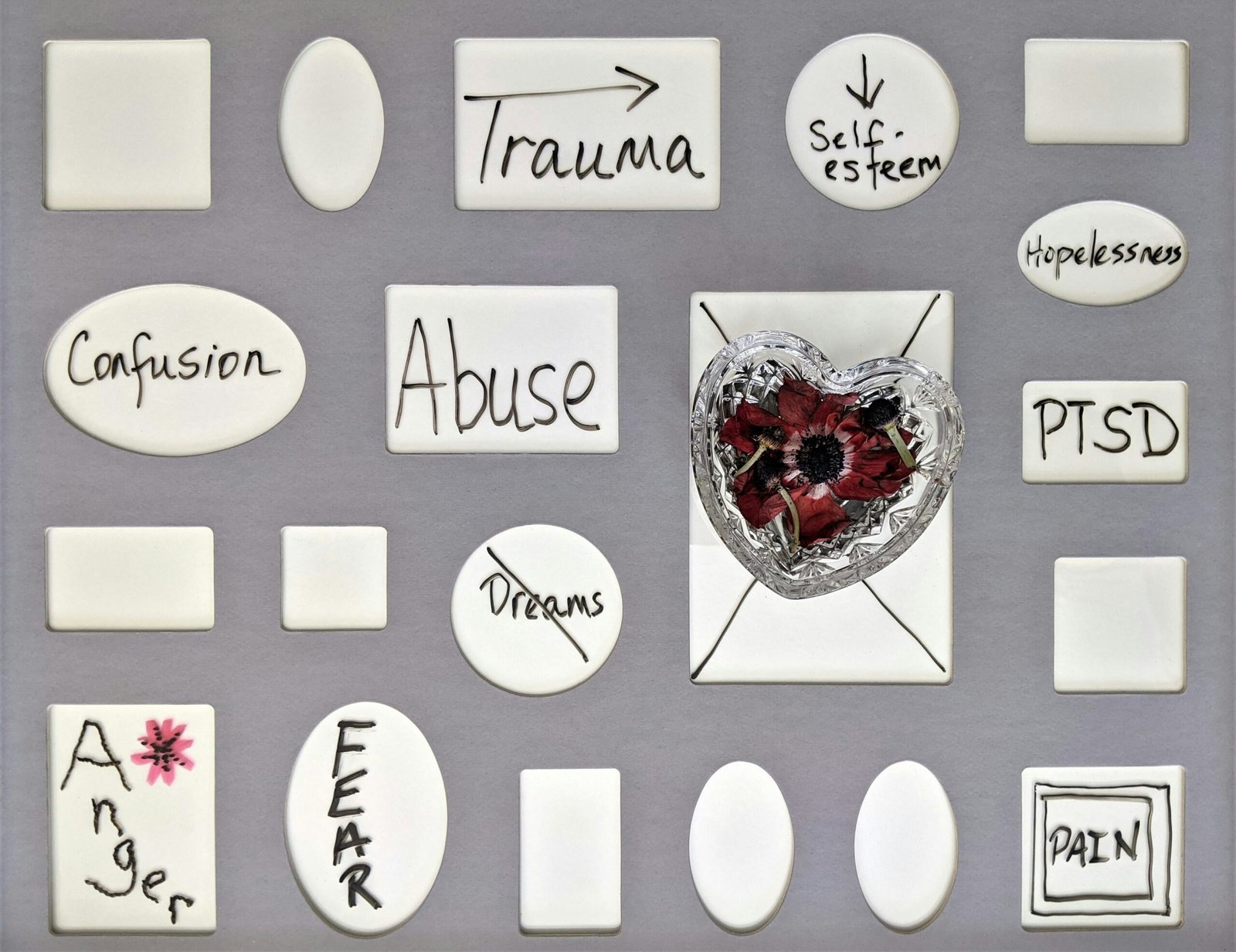Supporting a Spouse Dealing with PTSD Triggers: Top Strategies and Latest Trends
Introduction:
Living with a spouse who experiences post-traumatic stress disorder (PTSD) can be challenging, but with the right support and understanding, you can help them navigate through their triggers and build a stronger relationship. In this blog post, we will explore the top strategies for supporting a spouse dealing with PTSD triggers, incorporating the latest trends and research in the field.
1. Educate Yourself:
To effectively support your spouse, it is crucial to educate yourself about PTSD. Understand the symptoms, triggers, and common challenges faced by individuals with PTSD. By becoming knowledgeable about the condition, you can better empathize with your partner’s experiences and provide the necessary support.
Example: Read books, articles, and research papers on PTSD to gain a deeper understanding of the condition. Attend support groups or therapy sessions together to learn from professionals and connect with others in similar situations.
2. Communicate Openly:
Open and honest communication is key to supporting a spouse with PTSD triggers. Encourage your partner to express their feelings and concerns, and actively listen without judgment. Create a safe space where they feel comfortable sharing their experiences.
Example: Schedule regular check-ins with your spouse to discuss their triggers, any changes in symptoms, and their overall well-being. Use active listening techniques, such as paraphrasing and summarizing, to ensure you understand their perspective.
3. Establish Routines and Structure:
Creating a stable and predictable environment can help minimize triggers and provide a sense of safety for your spouse. Establish daily routines, prioritize self-care, and maintain a calm and structured household.
Example: Develop a daily schedule that includes activities your spouse finds comforting or enjoyable. This could include exercise, meditation, or engaging in hobbies together.
4. Practice Patience and Empathy:
Dealing with PTSD triggers can be overwhelming for both you and your spouse. It is essential to remain patient and understanding during difficult moments. Show empathy and validate their emotions without trying to fix or minimize their experiences.
Example: Instead of rushing your spouse through a trigger episode, offer support by calmly reminding them to focus on their breathing or engage in grounding techniques. Reassure them that you are there for them and that their feelings are valid.
5. Encourage Professional Help:
While your support is valuable, it is essential to encourage your spouse to seek professional help. Therapy, counseling, or medication may be necessary to manage their PTSD triggers effectively. Be supportive and accompany them to appointments if they feel comfortable.
Example: Research and recommend therapists who specialize in PTSD treatment. Help your spouse schedule appointments and offer to attend sessions together if they desire.
6. Foster a Supportive Network:
Building a network of support can greatly benefit both you and your spouse. Connect with other individuals or couples who understand the challenges of living with PTSD. This network can provide valuable insights, advice, and a sense of community.
Example: Join online support groups or local organizations that focus on supporting spouses of individuals with PTSD. Attend workshops or conferences to gain further knowledge and connect with others.
7. Stay Informed about Latest Trends:
As the field of PTSD research continues to evolve, it is essential to stay informed about the latest trends and developments. Regularly seek updated information to enhance your understanding and refine your support strategies.
Example: Follow reputable organizations, such as the National Institute of Mental Health (NIMH) and the American Psychological Association (APA), for the latest research, news, and resources related to PTSD.
FAQs:
Q: How long does it take to recover from PTSD?
A: The recovery process varies for each individual. It can take months or even years to manage PTSD symptoms effectively. With the right support and treatment, many individuals experience significant improvements in their quality of life.
Q: Can PTSD be cured?
A: While there is no known cure for PTSD, it can be effectively managed with the right treatment and support. Many individuals learn to cope with their triggers and lead fulfilling lives.
Q: How can I support my spouse during a trigger episode?
A: During a trigger episode, it is essential to remain calm and offer reassurance. Encourage your spouse to use coping techniques they have learned in therapy, such as deep breathing or grounding exercises. Avoid pressuring them to talk about their experience if they are not ready.
Q: Should I avoid discussing traumatic events with my spouse?
A: It is important to respect your spouse’s boundaries and avoid pushing them to discuss traumatic events if they are not comfortable. However, open communication about their triggers and their feelings can help foster understanding and support.
Q: Can PTSD affect a relationship?
A: Yes, PTSD can impact relationships due to the challenges associated with triggers, mood swings, and emotional distance. However, with patience, understanding, and professional help, relationships can strengthen and thrive.
Tips:
– Take care of your own well-being and seek support for yourself as well.
– Practice self-compassion and avoid blaming yourself for your spouse’s triggers.
– Celebrate small victories and progress in your spouse’s journey towards healing.
Conclusion:
Supporting a spouse dealing with PTSD triggers requires education, open communication, and a patient and empathetic approach. By staying informed about the latest trends and implementing effective strategies, you can provide the necessary support and help your spouse navigate their PTSD triggers. Remember, seeking professional help is essential, and building a supportive network can greatly benefit both you and your spouse. Together, you can strengthen your relationship and overcome the challenges of living with PTSD.
Call to Action:
If you found this article helpful, please share it with others who may benefit from these strategies. By spreading awareness and understanding, we can create a more supportive environment for individuals dealing with PTSD triggers.









